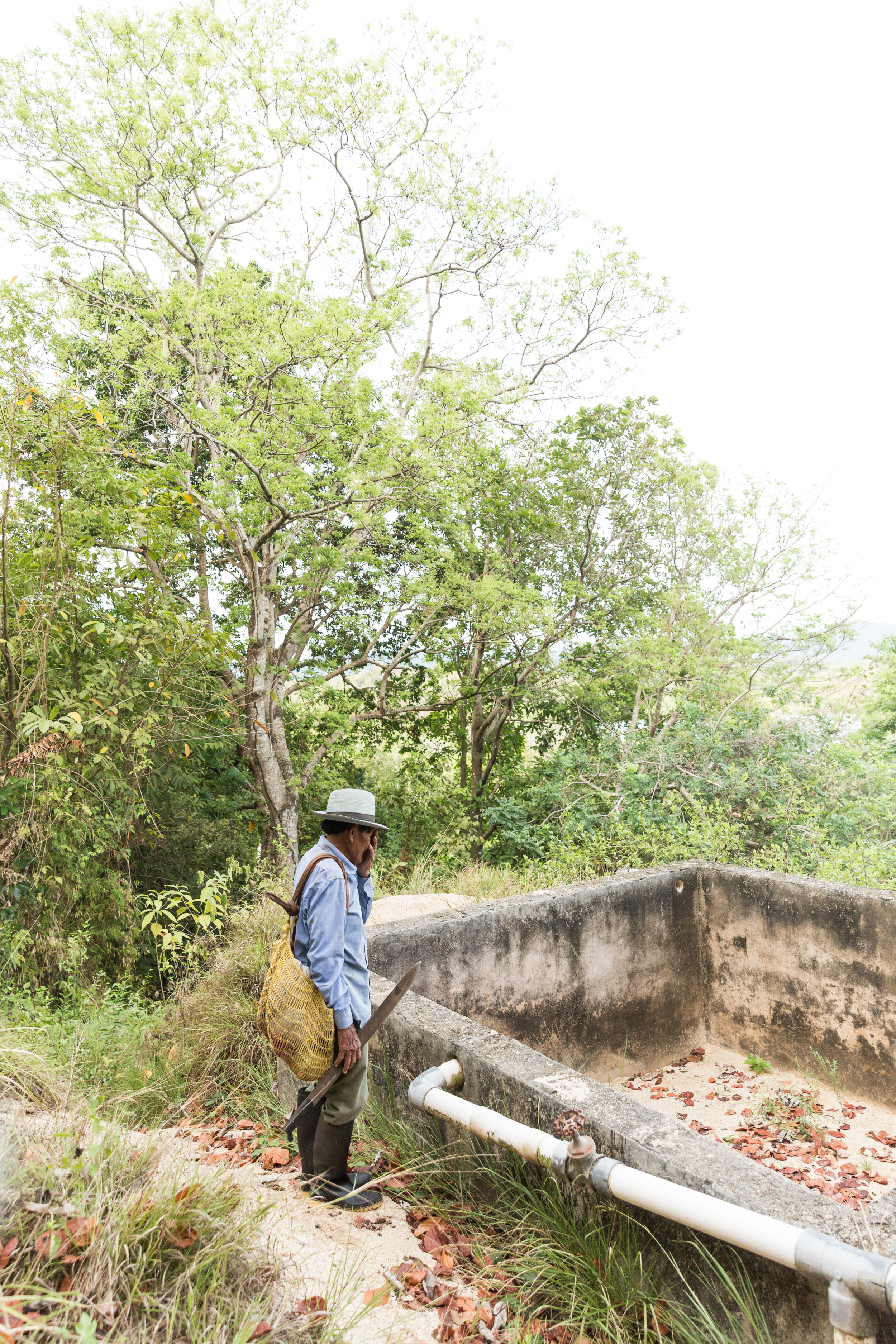The Vanishing Islands of Panama
Stay Wild
Story and Photography by Greta Rybus
gretarybus.com // @gretarybus
Off the Caribbean coast of Panama lies a constellation of approximately 365 islands known collectively as the Guna Yala Comarca. It is the land where the Guna tribe lives. Some of the islands are owned by locals but uninhabited: sand and palms rising from the sea, places to swim or gather coconuts. Other islands are inhabited by densely-packed communities of Guna families with thatch homes built to the very edges of the islands, sometimes built over and above the water.
In Guna communities, decisions are made collectively. Each week, problems are brought to the congress house during a series of meetings overseen by sailas, or tribal elders. They talk about how to manage fish populations, how to grow crops and care for children, and they mediate quarrels between neighbors. These days, there are new, unprecedented problems brought on by changes in the environment. There has been too little rain. It is not enough to fill the water tanks or water the crops. Sometimes, parts of the island are flooded, the seawater rising to the knee and crossing the thresholds of homes. The sea seems too hot for the fish, and the storms seem to get stronger and stronger. The new problems exist alongside a loss of traditional knowledge, increasing influence from the cities, and overpopulation.
The communities must make new decisions: what to do with the unpredictable environment and where to go when the sea begins to swallow the islands. According to a report by Displacement Solutions, it is estimated that 28,000 people in Guna Yala will eventually need to relocate.
Gardi Subdub is an island closest to the highway on the mainland that leads to Panama City, an island with a cell phone signal and a small supermarket. Because of the rising sea and the growing population, the island’s congress has decided to relocate. They’ve already begun building a new community on the mainland a short drive into the hills where a new school building is almost completed. Next, they will begin to build homes.
Six hours by boat from Gardi Subdub is the island of Coetupu. It is more remote, more traditional. People wait in line to use one of two pay phones to call their families in the city. There, they are drafting plans to relocate to an adjacent island. They worry if the sea and land will continue to sustain their families and community.
“The sea is good. The sea is medicine. If you have mosquito bites, you go inside the sea and then you feel better. Now, the sea can’t heal the way it used to. It is too hot. And in the past they used to catch a lot of fish. Nowadays, there is not much fish. And before, there were a lot of coconuts and bananas. But not now, because of the changes with the sun. And it used to rain like for about a week long. Now, if it rains, it rains only one hour and then it stops.”
— Leonidas Perez, saila (tribal congressman) - Coetupu community
“Young people, they are going to suffer the consequences. Governments, politicians, big countries should think about the relationship between people, not only indigenous people but all around the world. The problem is that as long as the social system doesn’t change, we will continue to have problems. The rich countries only work to get more and more money, and they want to dominate. There’s no equality. Poor countries are becoming even poorer. The system has to change. The resources, the wealth that God created, only a few are taking advantage of it and only a few are protecting it.”
-Guillermo Archibold, agronomist - Gardi Subdub community
“Climate change is happening. And it’s happening in other countries, too. Right now there’s no water. We’re in danger. In the future, our islands are going to disappear. We aren’t safe. We are going to leave our own island because the sea is taking the land.”
— Alberto Lopez - Gardi Subdub community
“Parts of the island that normally didn’t flood are often covered in water. When people realized the sea level was rising, they started to destroy and use corals to build a kind of wall, which is very damaging. Our island is mostly made of coral infill now. So, we’re planning to move to a real island, an island made of land. About five years ago, we tried to start a project to relocate to the mainland, but there were disputes within the community. The land on the continent is already distributed; it has owners. And these owners don’t want to give their land to other people. So now we plan to relocate to another nearby island.”
— Asterio Ramirez, teacher - Coetupu community




